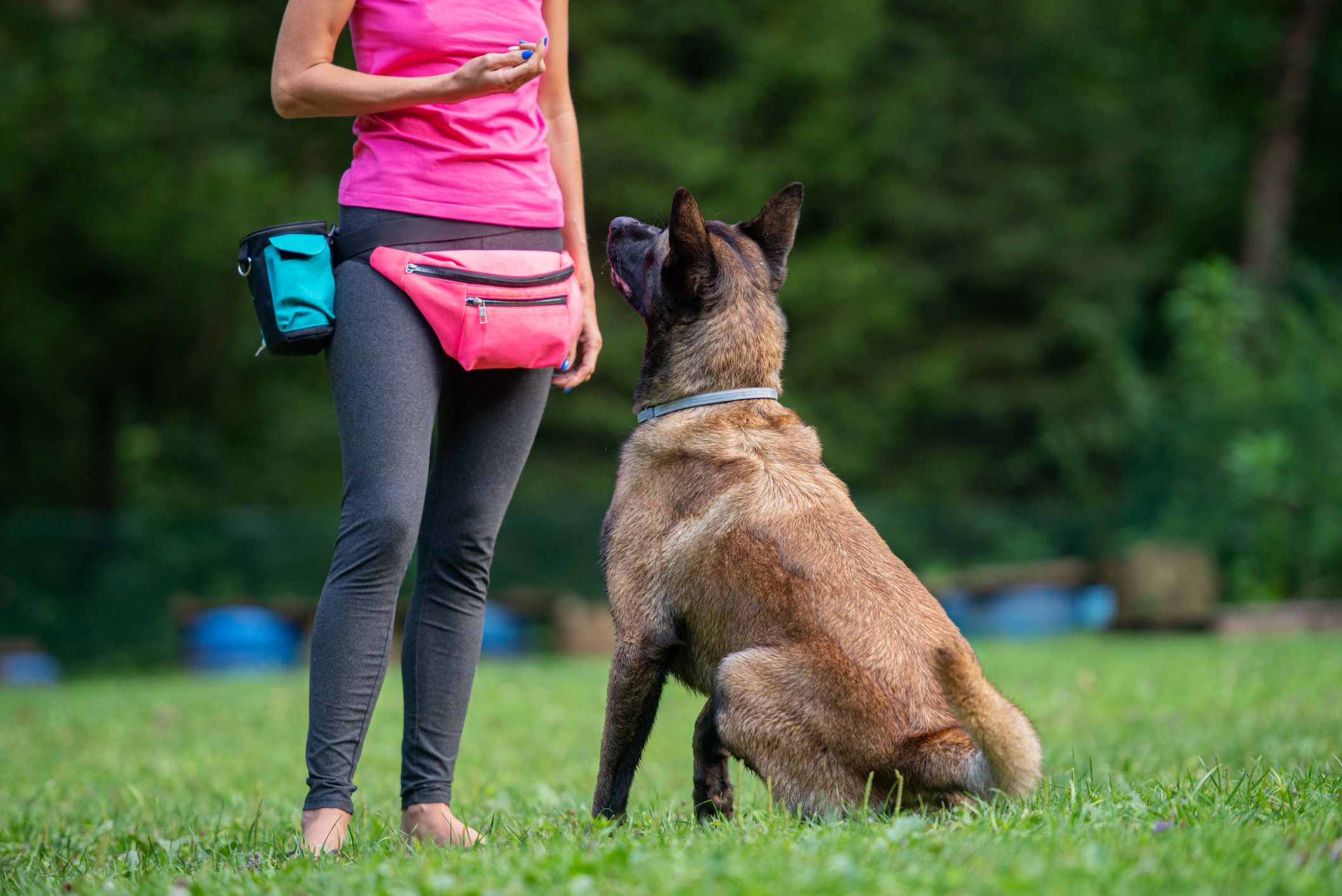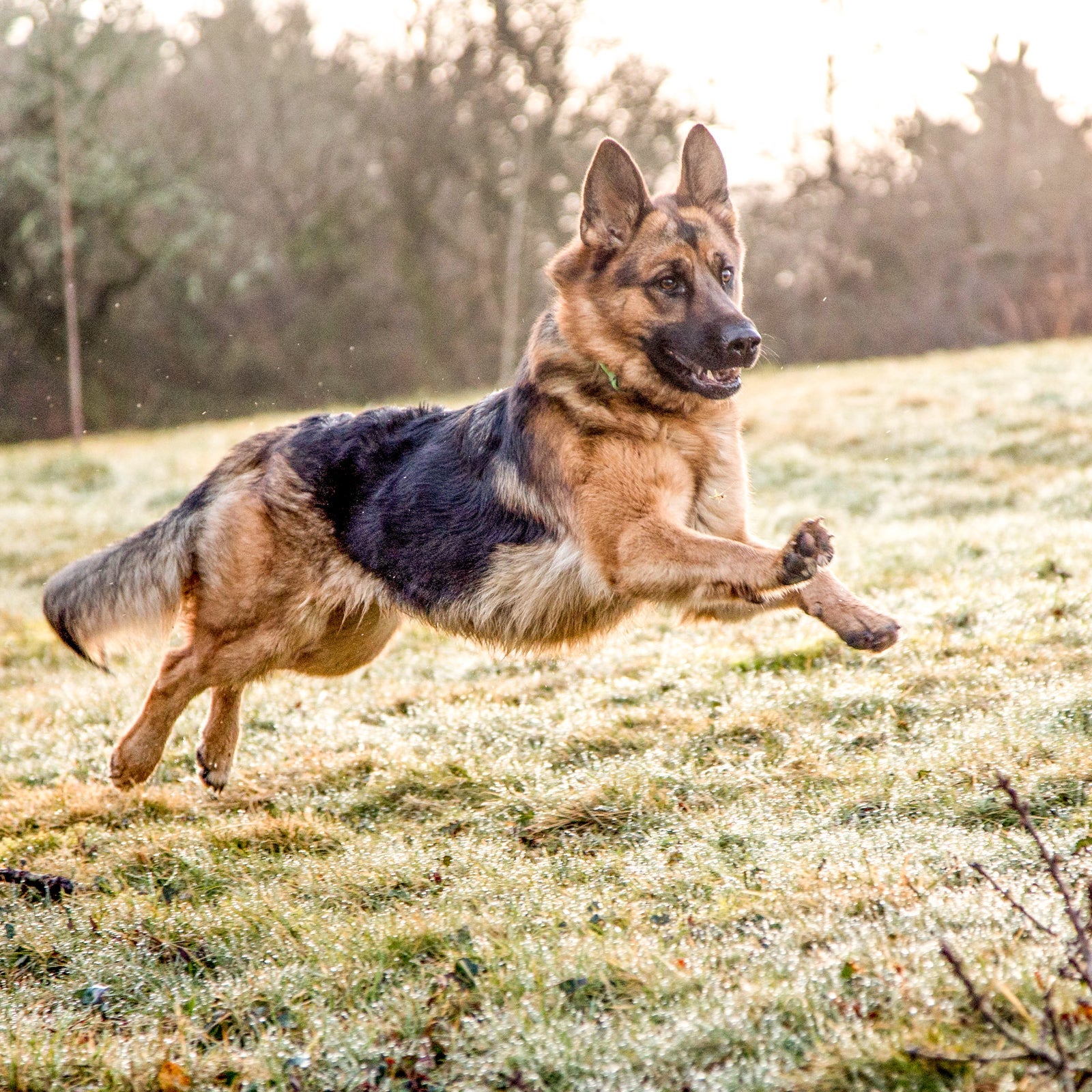Master Dog Training at Home with These Simple Techniques and Tools
Master Dog Training at Home with These Simple Techniques and Tools
Blog Article
Unlock Your Pet's Prospective With Professional Training Insights
Professional training insights expose that acknowledging communication signs and employing consistent, favorable reinforcement can considerably alter your dog's response to different situations. As we explore effective socialization techniques and advanced training approaches, one might ask yourself how these methods can change not just your canine's habits, but additionally your general relationship.
Recognizing Your Canine's Habits

In addition, comprehending usual behavior concerns such as aggression, stress and anxiety, or too much barking can aid proprietors address issues proactively. Rather than punishing unfavorable behaviors, it is a lot more effective to recognize the underlying reasons and job in the direction of modifying those triggers. A canine that barks exceedingly might be looking for focus or responding to ecological stimulations.
In addition, each pet is distinct, affected by variables such as breed, age, and past experiences. Consequently, observing and understanding your canine's certain behavior is essential to developing a training technique that straightens with their temperament. By fostering this understanding, proprietors can produce an extra unified living atmosphere, improve their canine's discovering experience, and eventually reinforce their bond.
The Value of Uniformity
Maintaining uniformity in training is crucial for achieving desired end results and reinforcing positive actions in pet dogs. When training sessions adhere to a predictable framework, dogs are most likely to understand what is anticipated of them. This clearness fosters a complacency and assists to establish a strong bond in between the pet and the fitness instructor.
Inconsistent hints or commands can puzzle canines, resulting in aggravation for both the trainer and the animal. If a command is occasionally rewarded and various other times disregarded, the pet dog might come to be uncertain about exactly how to react. This incongruity not just hinders the finding out process but can likewise unintentionally motivate unwanted actions.
Moreover, consistency expands beyond verbal commands to consist of body movement and tone. Canines are extremely in harmony with human actions, and disparities can weaken their count on. For effective training, all member of the family and trainers must be aligned in their approach, making use of the very same commands and support techniques.
Inevitably, uniformity in training promotes a structured discovering atmosphere, allowing pets to prosper and respond positively to commands. This foundational concept is crucial for establishing well-behaved, certain, and loyal companions.
Strategies for Efficient Training
Effective training methods develop upon the foundation of uniformity established in previous sessions. Employing positive reinforcement is just one of one of the most effective techniques for motivating wanted habits. This entails satisfying your dog with deals with, praise, or play immediately after they execute the desired action, therefore developing a strong organization between the habits and its positive outcome.
Timing is vital; benefits must be provided quickly to strengthen the connection. Additionally, using clear and consistent commands will certainly aid your canine recognize what is anticipated of them. Choose basic, distinctive hints and prevent using multiple expressions for the exact same action.
Including short, appealing training sessions can additionally boost retention and prevent boredom. Go for sessions lasting 5 to 10 minutes, slowly boosting the duration as your dog becomes a lot more skilled. Furthermore, varying the training environment can help generalise learned behaviors, guaranteeing your canine can execute commands in various contexts.
Last but not least, persistence is crucial. Every pet dog discovers at their own speed, and inspiration cultivates a positive knowing experience. By applying these strategies regularly, you can unlock your pet dog's complete potential and strengthen the bond between you and your canine companion.
Socialization and Its Benefits
Socialization is a critical facet of a dog's growth, dramatically affecting their behavior and temperament. It incorporates great site the procedure of exposing a pet to a range of people, atmospheres, appears, and various other animals. This exposure helps pet dogs find out to browse the intricacies of their surroundings, promoting self-confidence and adaptability.
Appropriate socialization lowers the probability of fear-based actions and aggressiveness, which can develop from strange circumstances. A well-socialized canine is most likely to show positive interactions with both human beings and other animals, leading to a much more satisfying experience for every person involved (Dog training). Socialization plays an important function in enhancing a pet dog's overall quality of life, enabling them to participate in activities and outings without excessive anxiety.
The vital period for socializing takes place in between 3 and twelve weeks of age, although ongoing socialization is useful throughout a pet dog's life. Engaging in supervised playdates, puppy courses, and steady direct exposure to brand-new experiences can facilitate this process. By prioritizing socializing, pet dog owners can cultivate an all-around companion, equipped to handle different circumstances with poise and calmness, eventually resulting in a harmonious partnership in between the canine and its environment.
Advanced Training Approaches
A well-socialized pet dog is better prepared to participate in advanced training approaches, which can additionally refine their abilities and improve their overall actions. Advanced training methods, such as clicker fragrance, dexterity, and training work, require a strong foundation of standard obedience and social abilities. These methods concentrate on establishing a pet's cognitive capabilities, improving their focus, and cultivating a deeper bond in between the canine and trainer.
Clicker training employs positive support to shape wanted behaviors, enabling for precise communication and quicker learning. This technique is specifically effective in advanced jobs where accuracy is vital. Dexterity training challenges pet dogs both literally and mentally, advertising control, confidence, and analytical abilities. This can be a thrilling way for canines to melt off power while improving their responsiveness to commands.
Scent work use a pet's natural impulses, boosting their olfactory capacities while building their concentration and patience. Integrating these sophisticated training techniques not just boosts a pet's mind yet also adds to their emotional well-being. Eventually, participating in sophisticated training can transform a well-socialized pet dog into a well-shaped friend, efficient in browsing intricate environments easily and confidence.
Conclusion
In conclusion, opening a dog's capacity with expert training requires a detailed understanding of actions, uniformity in approaches, and reliable socializing strategies. Applying advanced training practices, such as click this dexterity and aroma job, not just improves cognitive engagement however likewise promotes confidence. By prioritizing these elements, an all-round and satisfying connection between dog and proprietor can be developed, ultimately resulting in a harmonious coexistence and a mannerly friend. Spending in expert assistance proves indispensable in this undertaking.
As we discover efficient socialization methods and advanced training approaches, one may ask yourself exactly how these approaches can transform not simply your pet's behavior, however additionally your overall relationship.
By focusing on socialization, canine owners can cultivate a well-rounded buddy, outfitted to deal with different scenarios with poise and composure, eventually leading to an unified relationship between the canine and its setting. (Dog training)
A well-socialized dog is better prepared to engage in sophisticated training approaches, which can better refine their skills and improve their general actions. These approaches concentrate on developing a canine's cognitive capabilities, enhancing their emphasis, and cultivating a much deeper bond between the dog and handler.

Report this page